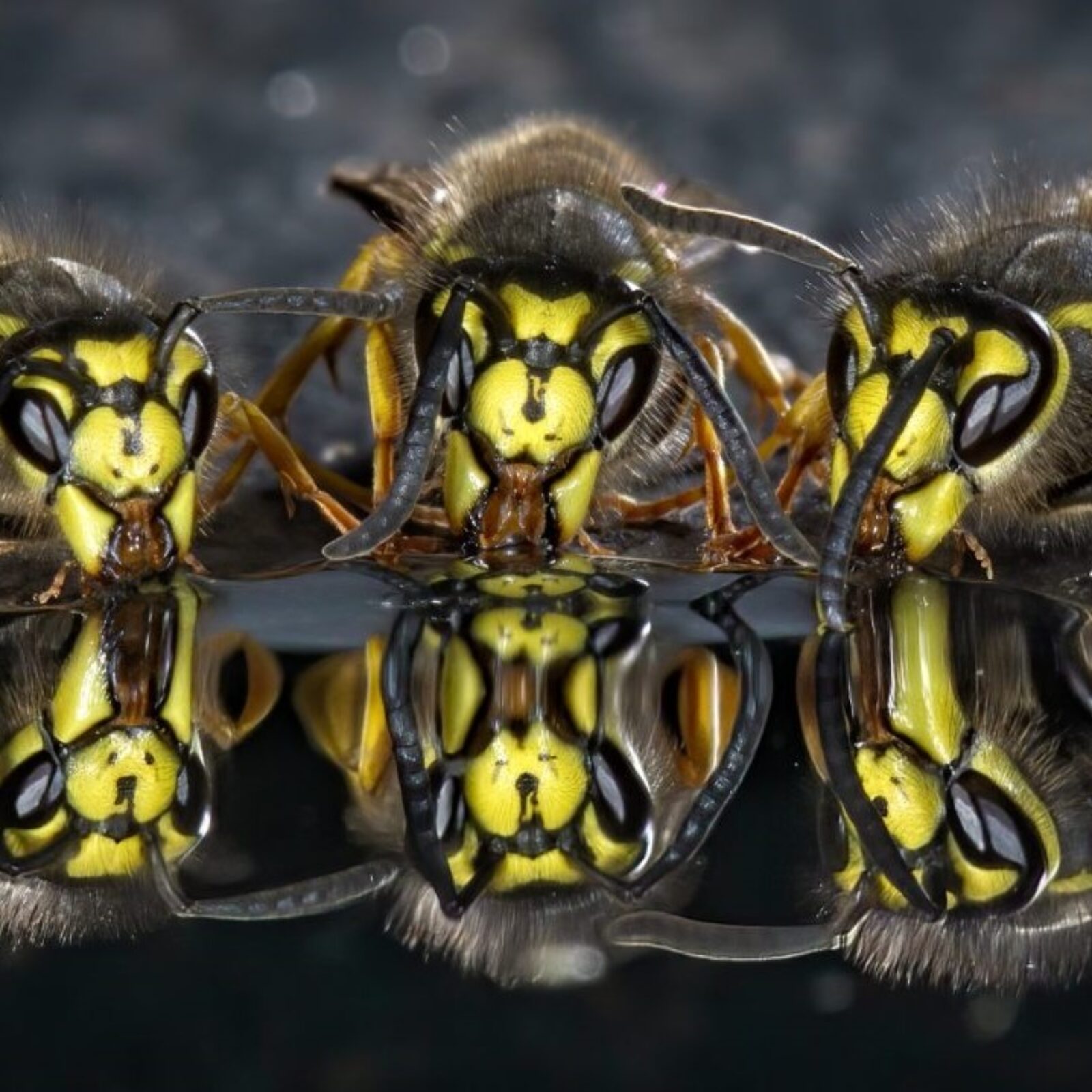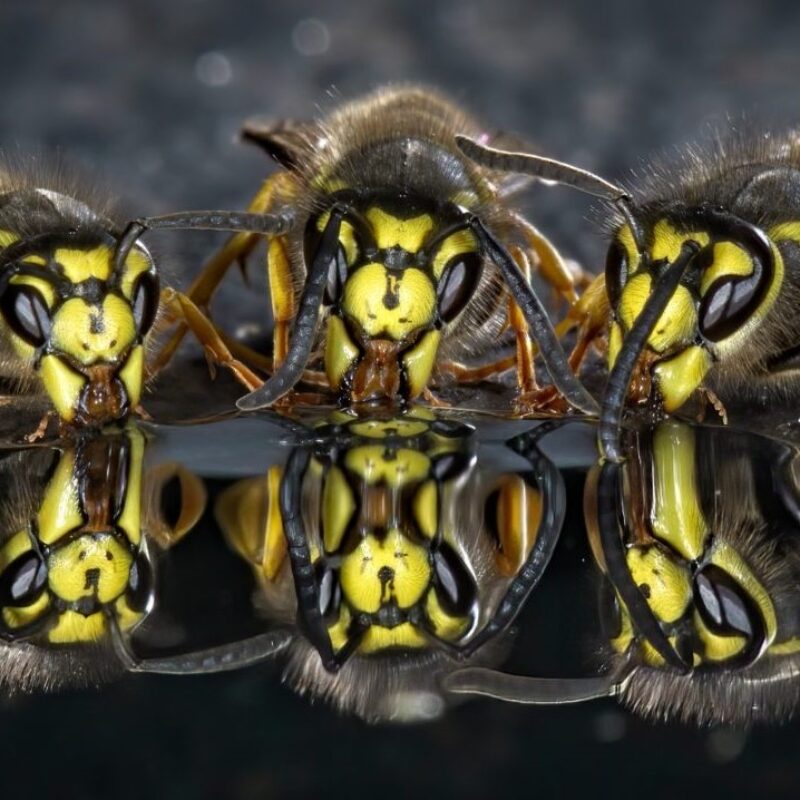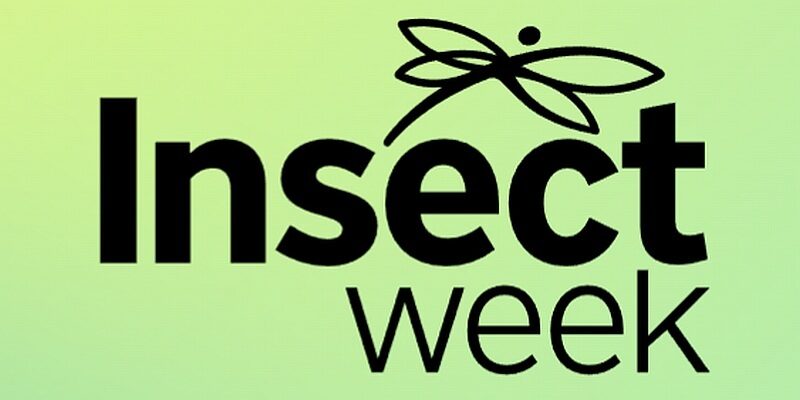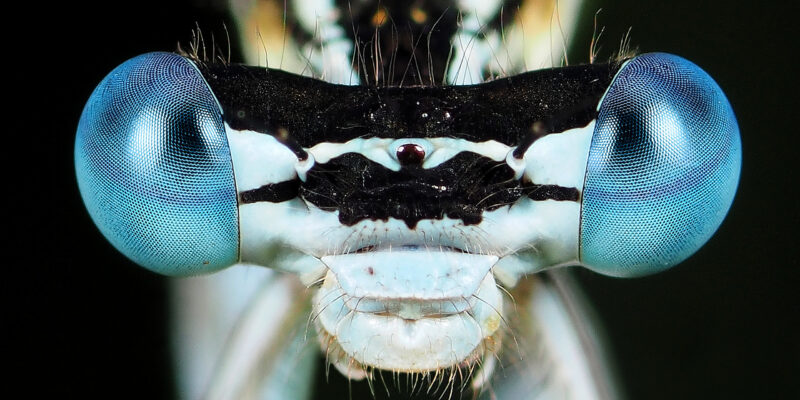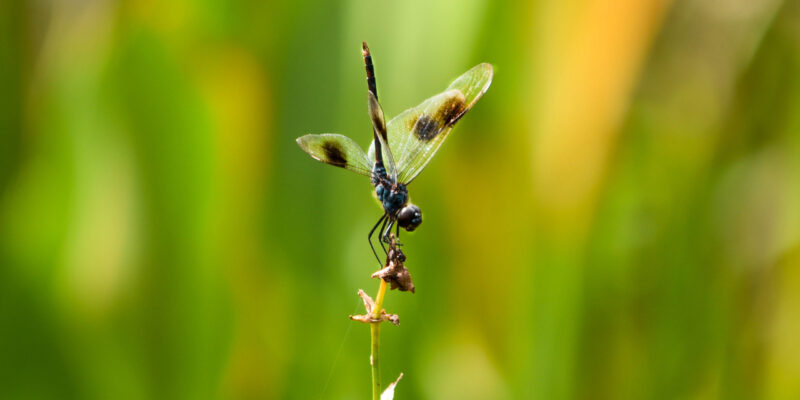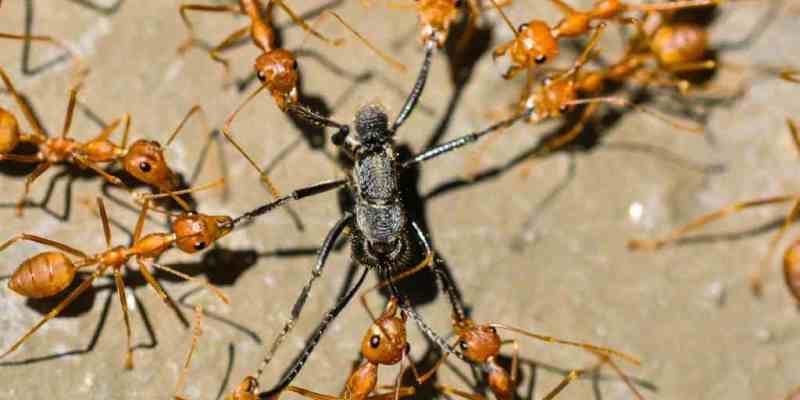Evolution Hymenoptera Publications
A UCL press release
The Big Wasp Survey, a citizen science project involving thousands of volunteers throughout the UK, has yielded important genetic insights into the common wasp, reports a study led by UCL researchers.
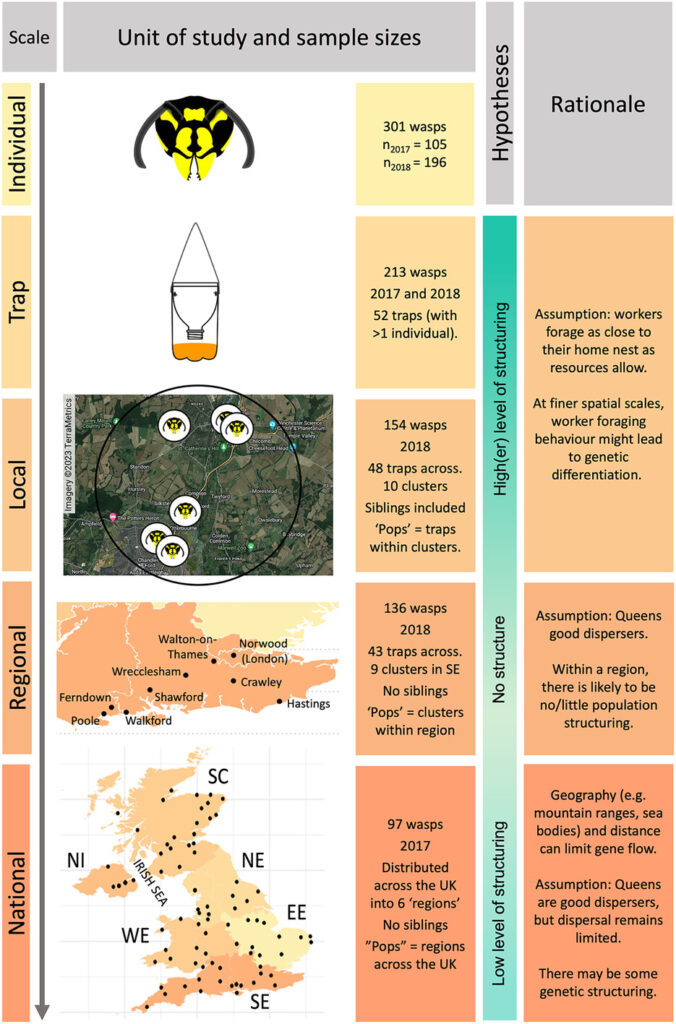
Using data and samples of Vespula vulgaris (a species of yellowjacket wasp known as the common wasp) collected by amateur “citizen scientists,” the researchers conducted the first large-scale genetic analysis of the insect across its native range.
The insights, published in Insect Molecular Biology, revealed a single population of the wasp across Britain, while the insect’s genetics were more differentiated across the Irish Sea in Northern Ireland. The researchers say this demonstrates that the wasp is effective at dispersing itself widely, which may be one reason for its success in human-modified environments, both in its native range in Europe and as an invasive species in Asia and elsewhere.
“Vespula vulgaris is one of the most familiar wasps to most of us in the UK, as we very commonly see it in late summer. Despite the wasp being ubiquitous in Britain, a lot of research has been conducted outside of its native range, so this study is important in establishing a baseline of information about the common wasp’s ecology and dispersal behaviors at home.
By finding a single, intermixing population across Britain, our findings add to evidence that the common wasp is very good at spreading across the landscape, which may be because the queens are able to fly great distances, either on their own steam, aided by the wind, or accidentally transported by people.”
Lead author Iona Cunningham-Eurich (UCL Center for Biodiversity & Environment Research, UCL Biosciences, and the Natural History Museum), who began the research as an MSci student before beginning a Ph.D. at UCL
The Big Wasp Survey, sponsored by the Royal Entomological Society, has been running annually since 2017. Anyone can take part by making a homemade trap with an old plastic bottle with a little bit of beer to entice wasps. For the first few years, citizen scientists were asked to send in the wasps they had trapped, but since the COVID-19 pandemic, participants have been taught how to identify their wasps at home using online videos.
For the present study, the UCL-led research team analyzed 393 wasp samples collected in the first two years of the survey. By comparing samples collected all across the country, the researchers were able to find evidence of high rates of gene flow, contributing to little genetic differentiation across Britain.
“Our study showcases the potentially immense value of citizen science projects. Even though the samples were simply and inexpertly preserved, we were still able to conduct advanced genetic analyses and yield very useful findings. We are very grateful to our citizen scientists, as this could not have been achieved without people willing to volunteer their time to contribute to scientific research.”
Co-author and co-founder of the Big Wasp Survey, Professor Adam Hart (University of Gloucestershire)
In its first five years, 3,389 people took part in the Big Wasp Survey, collecting over 62,000 wasps. The data have produced reliable species distribution maps that are comparable in quality to those generated from four decades worth of data collected by experts, and the researchers are continuing to gain new insights into the diversity and distribution of social wasp species across the UK. The survey may also help to detect the yellow legged Asian hornet (Vespa velutina), which is an invasive species across Europe and has occasionally been sighted in the UK.
Senior author and co-founder of the Big Wasp Survey, Professor Seirian Sumner (UCL Center for Biodiversity & Environment research, UCL Biosciences) said,
“Wasps are incredibly important as natural pest controllers and pollinators, so it’s very exciting that we’re able to improve our understanding of this common and fascinating insect with the support of citizen scientists, while also giving them the opportunity to get better acquainted with wasps, and see this much maligned insect in a different light.”
Professor Seirian Sumner
The Big Wasp Survey is seeking citizen scientists for its end-of-summer sampling week, commencing 26 August; visit www.bigwaspsurvey.org to register and find out more.

